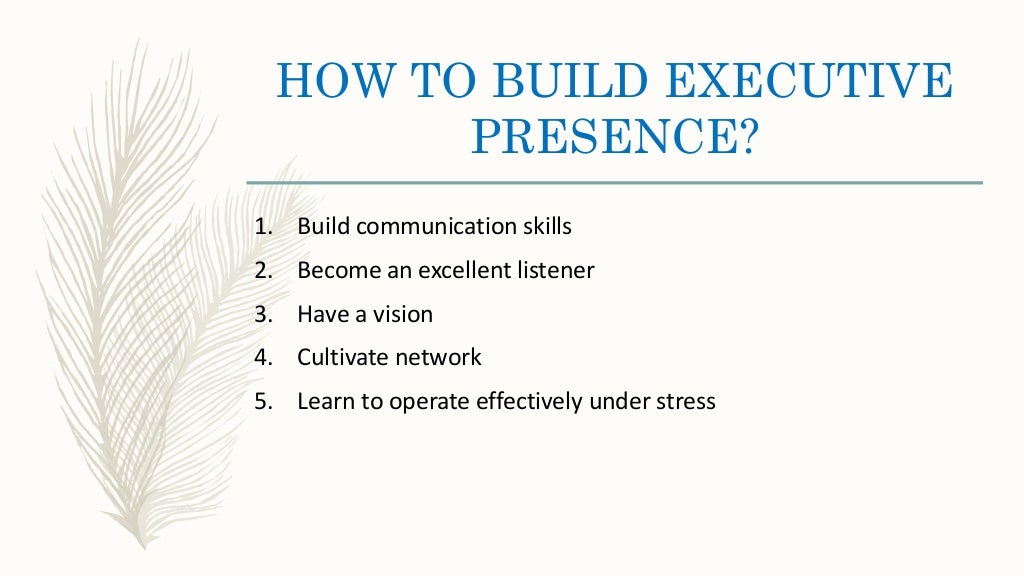

I hope you find it helpful.Ībout the Author: Victor Prince is a corporate trainer, executive coach, and best-selling author who helps financial services and other organizations build leadership, strategy, communications, and critical thinking skills. But, after working with many leaders in my career, ranging from big city mayors and federal agency heads to corporate CEOs and high-powered consultants, I have known it when I saw it. This is in not a scientifically-generated list. Some team members may even be even able to do an impression of the executive. It could be an interesting phrase, gesture, way of speaking, way of dressing, or whatever. It makes them a memorable character. They have some unique way of doing things that makes them interesting. Have a Style - They aren’t exactly the same as every other executive.They view themself as no better than anyone else. They don't hide behind the big office and other perqs of their office. They feel like they are hearing from the real person behind the big title. People don’t feel like they are getting a sales job from them.

Be Authentic - They mean what they say and say what they mean.Their commitment makes the work that everyone does feel important. By showing their pride in their work, they make people in their organization proud of their jobs too. Show Commitment - They show passion for the work their organization does.They shoulder the stress so others don't have to. This "air cover" lets others get on with their work without worrying if they will be at risk of getting blamed for bad outcomes. Absorb Risk - When difficult decisions need to be made, they step up and make them and take personal responsibility.This superpower sense is really just the result of seeking feedback far and wide about how things are really going with their team.

It's like they have a superpower of sensing where people's heads are and know when to do this just before others do. They cools things down when things are getting heated, and turn up the heat when people are getting complacent. They slow things down when more caution is needed.

When they do talk, it is well-thought out and shows they have listened and thought about the issues, often connecting the dots in a way that others have not. They let others talk and they carefully listen.


 0 kommentar(er)
0 kommentar(er)
